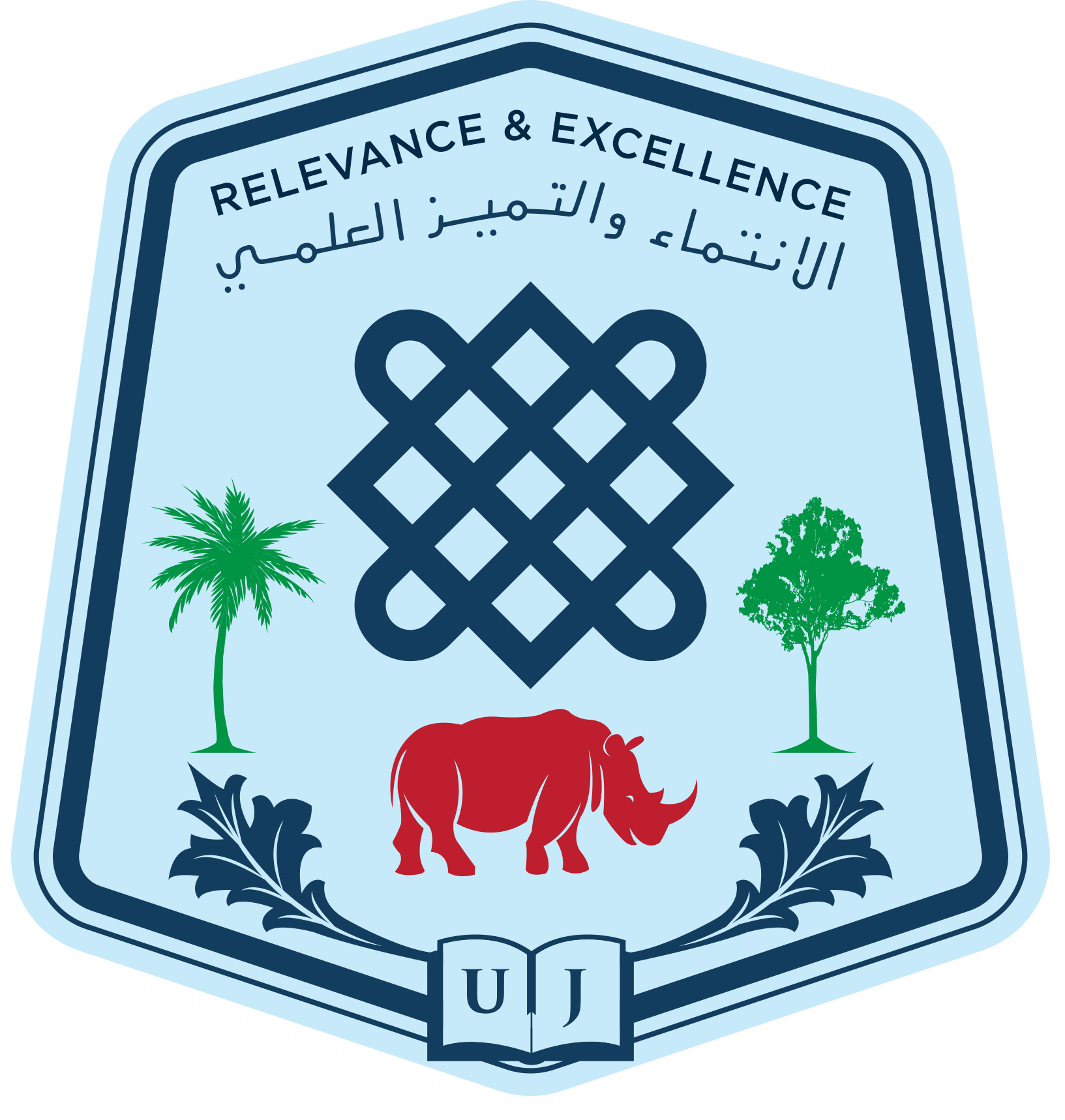Abraham Padiet Deng Alony & Prof. Dr. Maxwell Adea
Abstract
The extractive industry, particularly oil, is a primary revenue source for South Sudan, yet host communities like Melut County continue to experience profound socio-economic challenges. Corporate Social Responsibility (CSR) initiatives by oil operating companies are promoted as a mechanism for sustainable development and conflict mitigation. This study critically assesses the implementation and socio-economic impact of these CSR programs in Melut County. A mixed-methods approach was employed, including a household survey (n=300), key informant interviews (n=25), and focus group discussions (n=6). Findings reveal a significant disparity between community expectations and CSR outcomes. While companies report substantial investment in health (22%) and education (18%), 78% of community respondents expressed dissatisfaction, citing poorly maintained infrastructure and lack of local employment. A strong positive correlation (r = 0.723, p<0.01) was found between community participation in project design and perceived project success. Environmental concerns, particularly water contamination, remain a critical, unaddressed issue. We conclude that current CSR practices are largely ineffective and philanthropic, failing to catalyze meaningful socio-economic transformation. A paradigm shift towards rights-based, participatory, and legally-enforced CSR frameworks is urgently needed to align corporate activities with sustainable development goals in post-conflict South Sudan.
Keywords: Corporate Social Responsibility, Extractives, Oil and Gas, Community Development, South Sudan, Sustainable Development, Melut Basin.
Download the PDF File Pipelines and Promises: Reassessing Corporate Social Responsibility (CSR) and Socio-Economic Transformation in Oil-Rich Melut County, South Sudan
